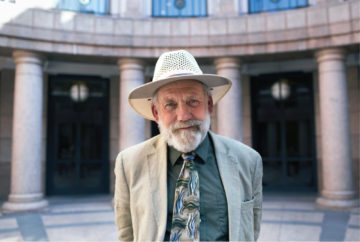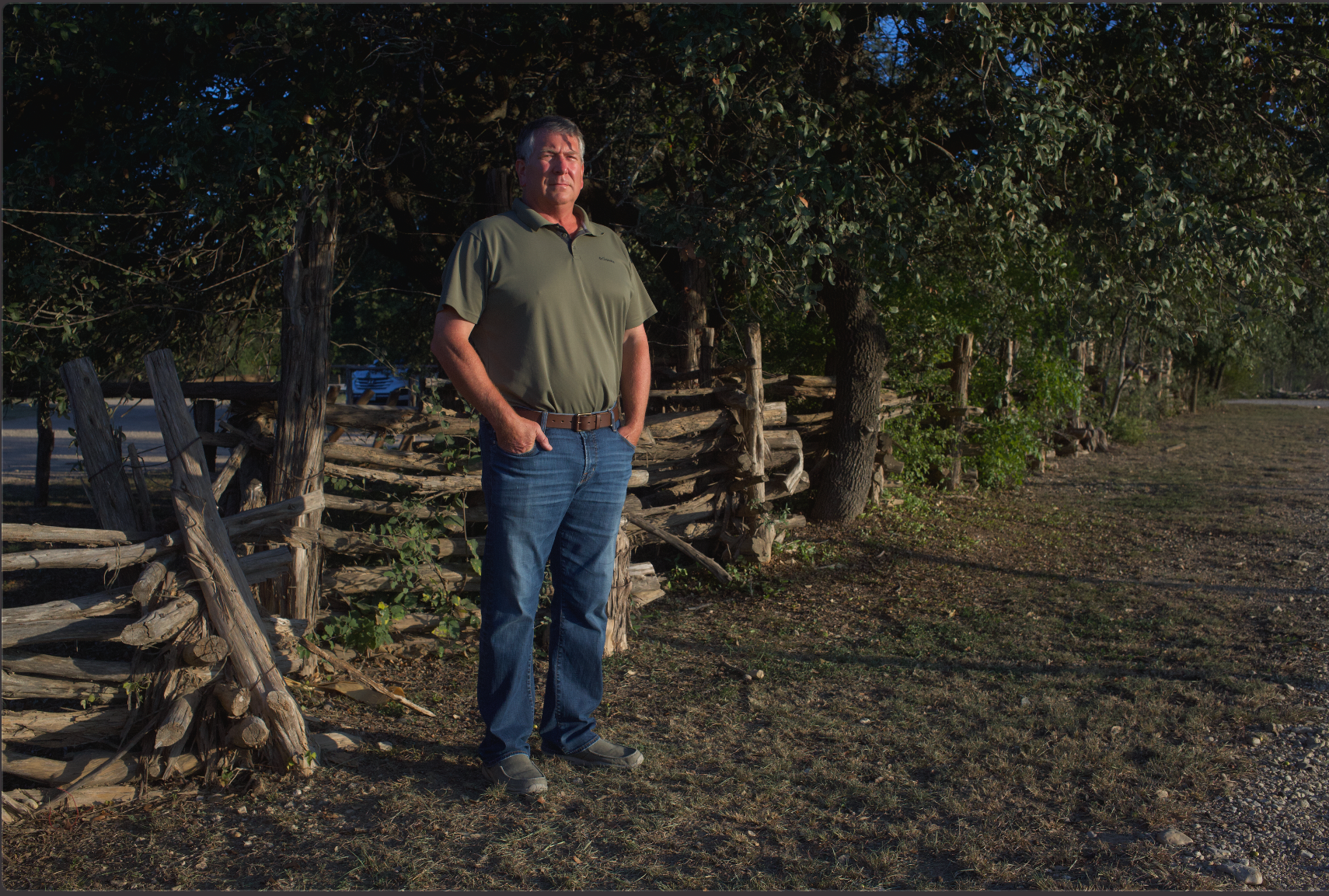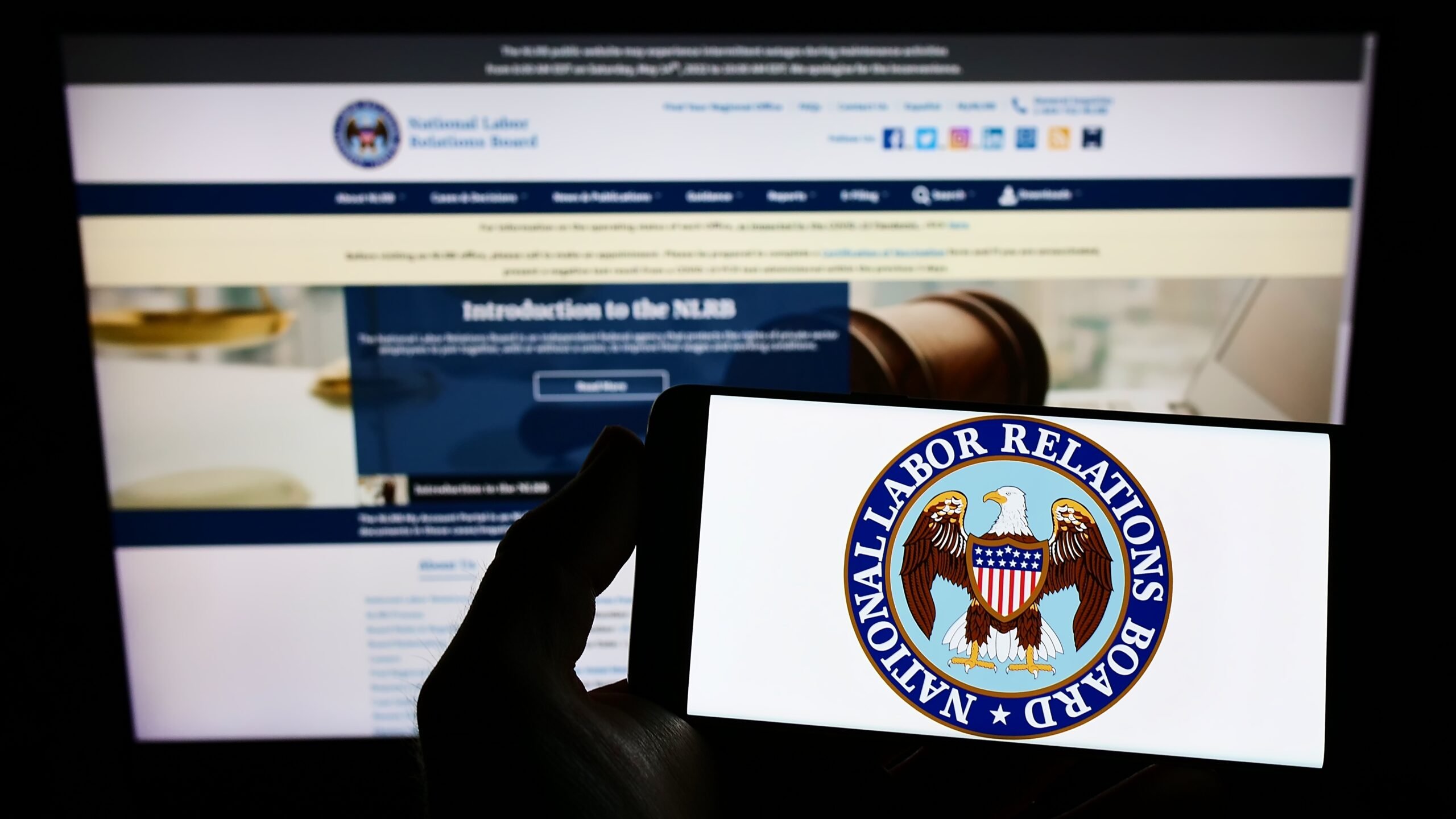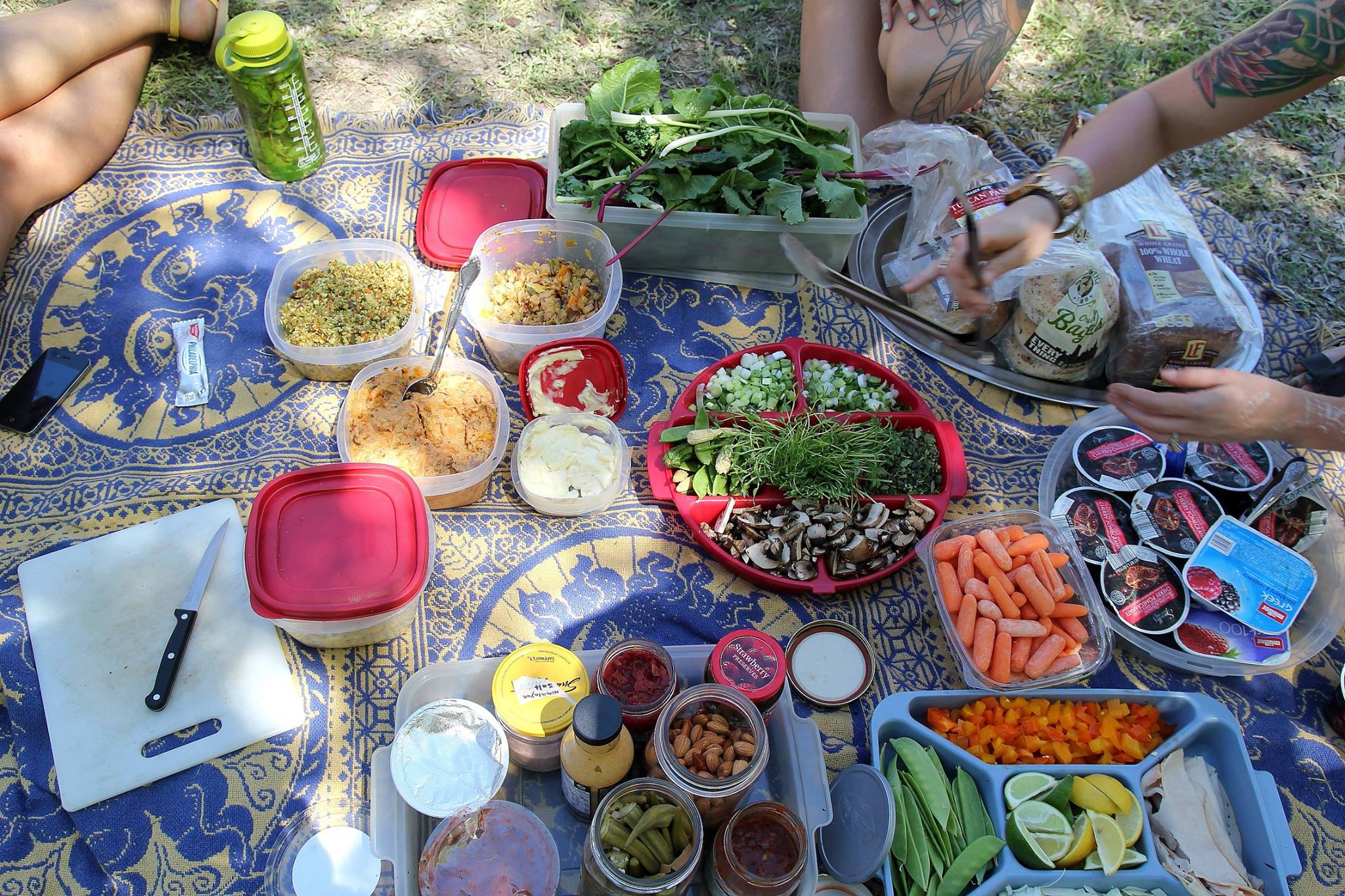
The Interview: Tom ‘Smitty’ Smith
After more than three decades championing environmental causes in the Legislature, Tom “Smitty” Smith is hanging up his trademark straw hat.

A version of this story ran in the December 2016 issue.

Q: What drew you to lobbying?
One of the things that hooked me on lobbying was we had a woman walk in [at Texas RioGrande Legal Aid, where Smith was working]. Her husband had lost his job because he was an epileptic bricklayer. She had no source of income, so she went in begging to get her food stamps adjusted so her family could eat. The food stamp program refused to do that because the statute was unclear and you could only adjust your allocation every six months. So the lawyers filed suit and we won an injunction in federal court in Brownsville. I thought, “This is easy, we’ll just go to court.” And then the state filed an appeal and the appeal languished in court for many years.
Meanwhile, our client and many others were unable to get food stamps changed and were living off charity. We ended up asking then-Congressman Kika de la Garza, who was chairman of the House Agriculture Committee, to hold a hearing. There were close to 500 people who showed up and all of them had horrific stories. Their circumstances had changed and they were broke. They had no way of changing their food stamps and no way of getting food assistance. As a result of that hearing, Congressman de la Garza was able to change the appropriations language, and I thought, “Boy, look at this, lobbying is easy. You can change long-term problems if you work together and create enough noise.”
Fast-forward 25 years, and we’re looking at a very different political climate. How do you continue to be motivated even in the face of defeat?
One thing is that when citizens are well-organized, they do win sometimes. Almost every session we win a number of things. We have certain goals that we know are going to be stretches and are hard to pass. And we have bills that are well-thought-of and have support not only from the liberal members, but conservative members and members of the business community. We always maintain that balance, so no matter how bad the session is, we have some gains.
There’s also a general rule of thumb that most controversial bills take three sessions to pass. So you introduce it and it barely gets heard. The second session there’s good debate and the third session they say, “Hell, didn’t we already pass this? Let’s get it out.” So you often have the long play.
Have you worked with folks you felt you didn’t have common ground with but you later found you did?
One of my biggest victories is the creation of the renewable-energy programs. There was a guy by the name of Bob Turner, a conservative from Van, Texas. He was the chairman of the conservative caucus, and one of the first wind turbines was built in his county. When that facility was dedicated, he came over to shake my hand and he said, “Smitty, I never thought I’d say thank you to somebody like you for creating the largest economic driver in my district in a generation.” Bob and I have become good friends. Realizing the projects I’d been considering environmental were job creation for a conservative taught both of us a lot. It helped me reframe and understand my message in a different way.
Passing the Renewable Portfolio Standard in 1999 set the stage for wind energy development. How did that come about?
Small voices have a remarkable impact on policy. There was a young woman who was talking to her father about air pollution over dinner. She said, “You know, Dad, that brown cloud that hangs over Dallas is probably coming from those coal plants in the south and east. We really ought to do something about that.” That guy was Sam Wyly, who owned a big computing company. So he ended up lobbying for the Renewable Portfolio Standard. He went and bought Green Mountain Power, a company out of Vermont that bought and sold renewable energy. He wanted something to go back to tell his daughter next Thanksgiving: “I did what you wanted me to.” But in addition, the pollution really bothered him. He and I started talking, cellphone calls late at night. And so as part of our ask, we wanted 75 percent reduction in air pollution coming from those coal plants. So I’d get these calls from Sam saying, “Oh, the utilities can’t do this, they can only do 25 percent.” I’d say, “Not good enough, Sam, we need 75 percent.”
The key thing was, he was George Bush’s third-largest contributor and he had never asked for anything. This was his ask. So Bush got interested in this stuff. We settled on 50 percent. The moral of the story is, ask for more than what you can, because you’ll probably only get a portion of it.
The other piece of this organizing puzzle is a number of folks who helped us get the public pressure on the members of the Legislature. We sent teams outside of organic stores and sent teams to churches and we sent teams to the soccer fields where their kids played soccer, and we really focused on two committee members, Steve Wolens and David Cain out of Dallas, to sponsor the legislation that became the Renewable Portfolio Standard.
We did multiple organizing strategies. But most important was person-to-person contact with key voters in their districts that pushed them to say, “I don’t have renewables in my district, and renewables are a key issue in my district, and I need to pay some attention to that, otherwise I won’t get re-elected.” It’s often seen as a three-legged stool. You’ve got the insider lobbying, the citizens’ lobbying and the coalition that enables you to have enough power to move the needle.
Public Citizen played a major role in organizing against new coal plants around 2006 and succeeded in preventing many of them from being built.
On Earth Day of 2006, Energy Future Holdings [EFH] announced that they were going to build 11 new coal plants. The phones started ringing all over the place. Karen [Hadden, Smith’s wife, and executive director of the SEED Coalition] and I hit the road, and at one point we had created nonprofit citizen groups to oppose them in 16 communities. Virtually every place where there was a coal plant being built, we had created citizen groups to fight them. That was one of the most awesome and exhilarating times of my life.
One of the people in Bonham, Texas, we were helping organize with was half Indian-American. He was Choctaw. Many of his relatives lived across the Oklahoma border and worked in the gambling centers there. They were very concerned about air pollution affecting their vistas and views. So the day we opened up the big hearing, one of the attorneys stood up and said, “I represent Choctaw Nation and all these tribes, and you forgot to give us notice, and you have to go back and start all over again.” [EFH attorney] John Riley turned to me and said, “Damn, I never intended to start another Indian war.” The Indian tribes, the gambling interests, they have a lot of money. So we were getting rescued by the Indians. At that point EFH came in and negotiated a sale of the utility and shut down all but three of their proposed coal plants.
What’s next for you?
Part of what I’m retiring from is not doing so many things and not being in the Legislature. We typically run 13 projects at any given time. We move 15 bills through the Legislature and do double that in terms of [opposing bad bills]. I’m just done with all that. I’ve been offered — soft offers — three special projects.
Karen and I have talked a little bit about going around the world. We’ve found some cheap tickets that would enable us to be gone for a couple years. We’re at an age and stage in our lives that we can just go. We’ve talked about doing some service, going to Guatemala and feeding hungry kids, which is dear to my heart. That’s where I started, and I’d like to continue to do that.


